U.S. Intellectual History Blog
Meet Our Bloggers
Editors
Katherine Rye Jewell, Editor
Katherine Rye Jewell is Associate Professor of History at Fitchburg State University in Massachusetts. She is a historian of the business and politics of culture, focusing specifically on institutions and identities in shaping political activity and change. Her first book, Dollars for Dixie: Business and the Transformation of Conservatism in the Twentieth Century (Cambridge, 2017) explored how anti-New Deal southern business leaders used the idea of the South to confront policy and reformulate a political coalition. Her next book, Live from the Underground: A History of College Radio (forthcoming Fall 2023, UNC Press), looks translocally at the formation of a different set of identities through the lens of popular culture and the idea of higher education in the late twentieth century. Send your pitches for the blog to [email protected]
See all Articles by Katherine Rye Jewell, EditorL.D. Burnett

L.D. Burnett received her PhD in Humanities (History of Ideas) from the University of Texas at Dallas (2015). She is a Professor of History at Collin College. Her book, <em>Canon Wars: The 1980s Western Civ Debates at Stanford and the Triumph of Neoliberalism in Higher Education</em>, is under contract with University of North Carolina Press. You can email Lora at [email protected]
See all Articles by L.D. BurnettSara Georgini
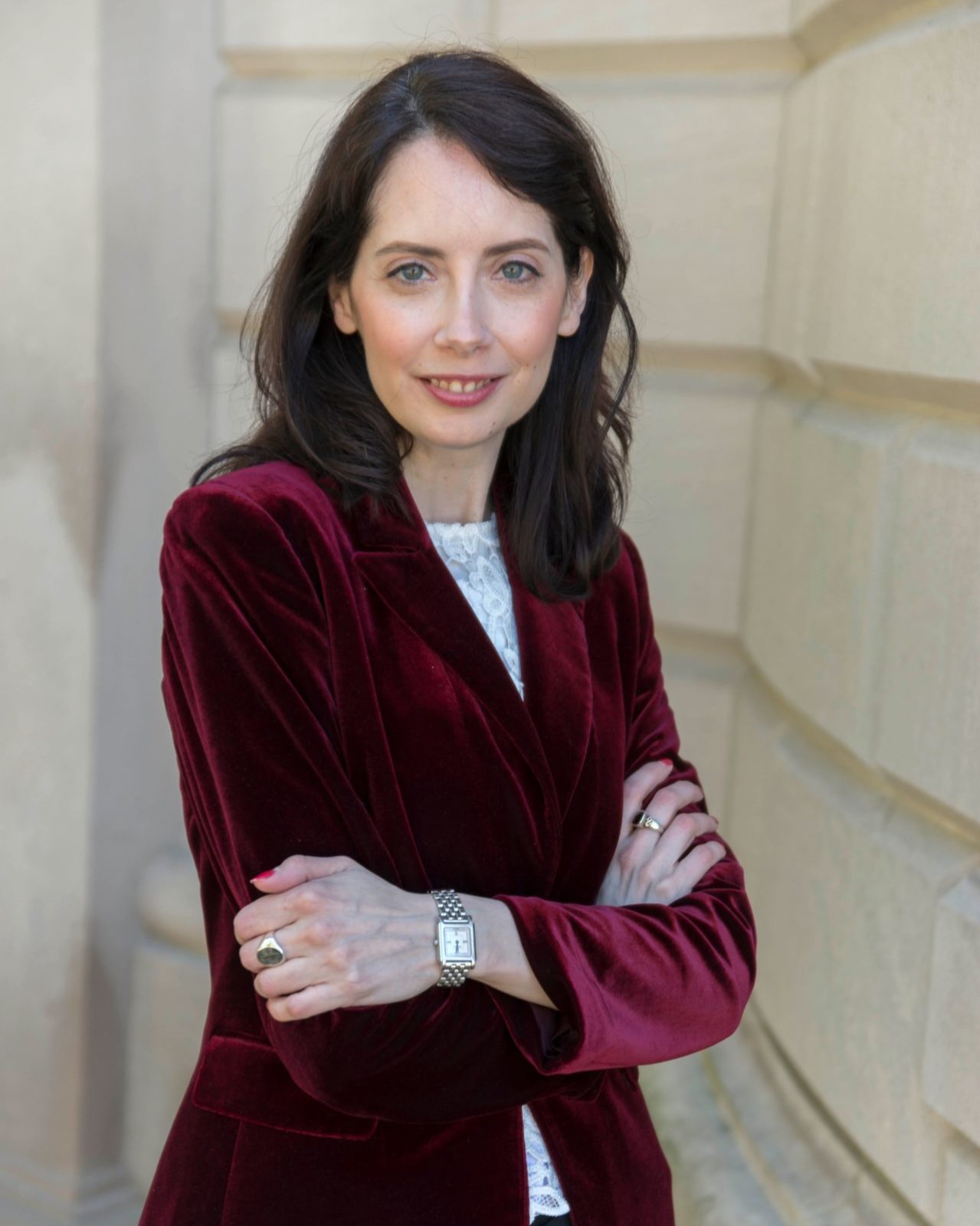
Sara Georgini earned her Ph.D. in History from Boston University in 2016. She is Series Editor for The Papers of John Adams, part of The Adams Papers project at the Massachusetts Historical Society. She has worked on the selection, annotation, indexing, and book production of nearly a dozen scholarly editions drawn from the Adams Papers (Harvard University Press, 2009— ). Her research focuses on early American thought, culture, and religion. She is the author of Household Gods: The Religious Lives of the Adams Family (Oxford University Press, 2019). She is a co-founder and contributor to The Junto. She writes about American history, thought, and culture for Smithsonian and CNN. Sara is the #USIH2020 Conference Chair and USIH Secretary. Follow: @sarageorgini
See all Articles by Sara GeorginiAndrew Seal
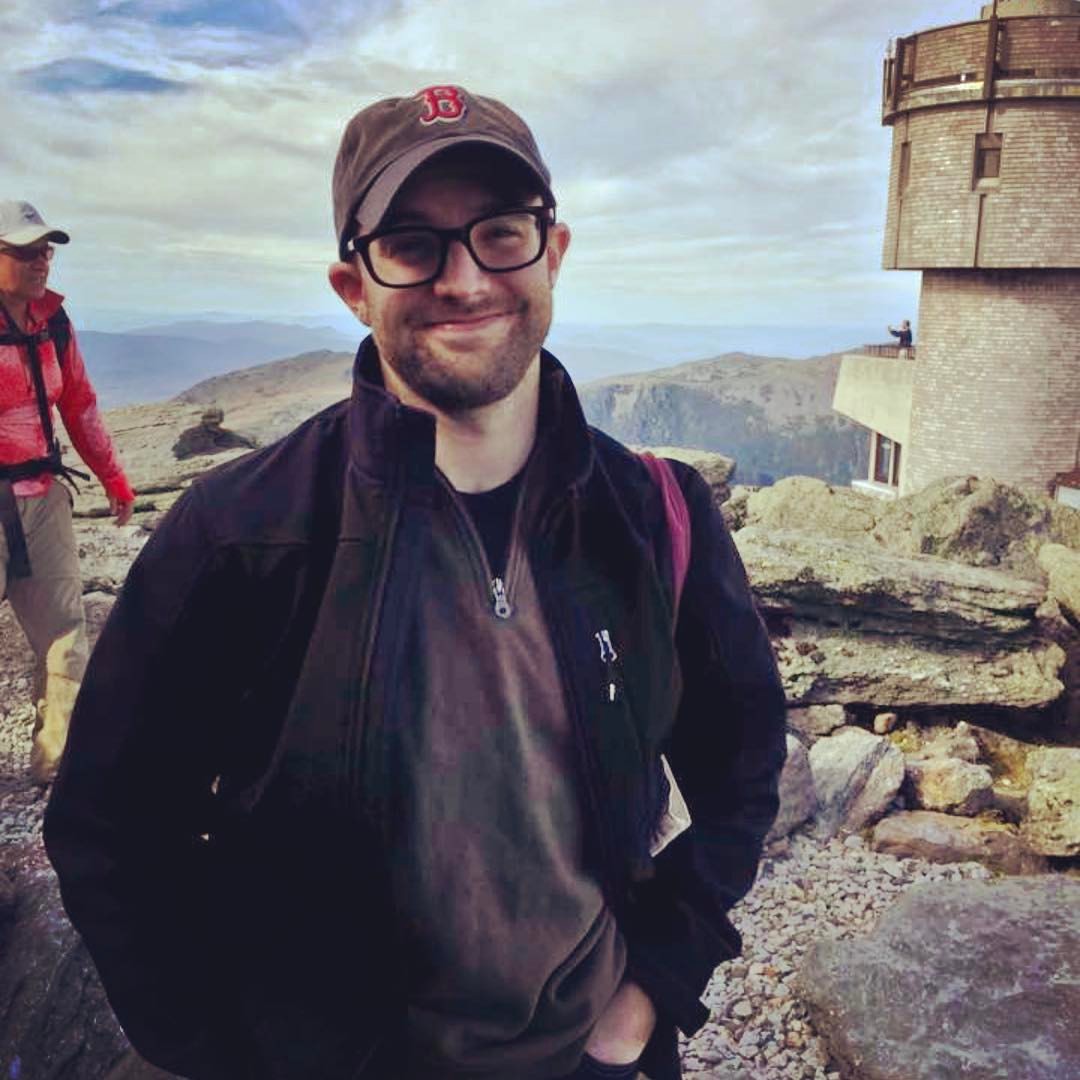
Andrew Seal is a lecturer at the University of New Hampshire. He earned his Ph.D. from Yale University in American Studies in 2017 and is currently at work on his first monograph, The Common Man: The Political Economy of Knowledge Work in the United States, 1880-1970. He is also active in the Midwestern History Association, and is a co-editor of the forthcoming Mapping Midwestern Minds: Essays on the Intellectual History of the Midwest. His writing has appeared or is forthcoming in Dissent, n+1, the Journal of American Studies, the Los Angeles Review of Books, the Chronicle of Higher Education Review, the Middle West Review, and the Journal of Politics, Religion, and Ideology.
See all Articles by Andrew SealContributors
Benjamin Alpers
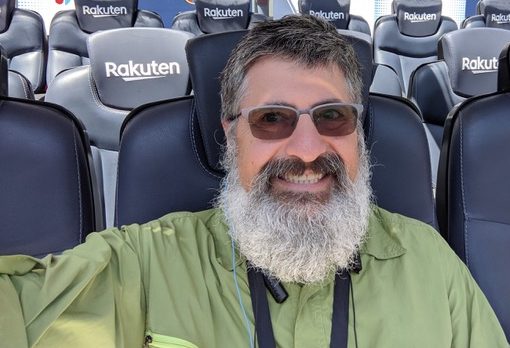
Benjamin Alpers is Reach for Excellence Associate Professor in the University of Oklahoma’s Honors College, whose faculty he joined in 1998. His primary teaching and research interests concern twentieth-century American intellectual and cultural history, with special interests in political culture and film history. Among the courses he offers in the Honors College are upper division seminars on World War II in history and memory and film noir, and lower division courses on American social though. He teaches also teaches a Reacting to the Past course for Honors first years and sophomores. Alpers is also affiliated with the History Department and the Film and Media Studies Program. He is the author of Dictators, Democracy, and American Public Culture: Envisioning the Totalitarian Enemy, 1920s-1950s (UNC Press, 2002). He is currently finishing a book tentatively titled Happy Days: Images of the Pre-Sixties Past in Seventies America. He is the #USIH2022 Conference Chair.
See all Articles by Benjamin AlpersRobin Marie Averbeck
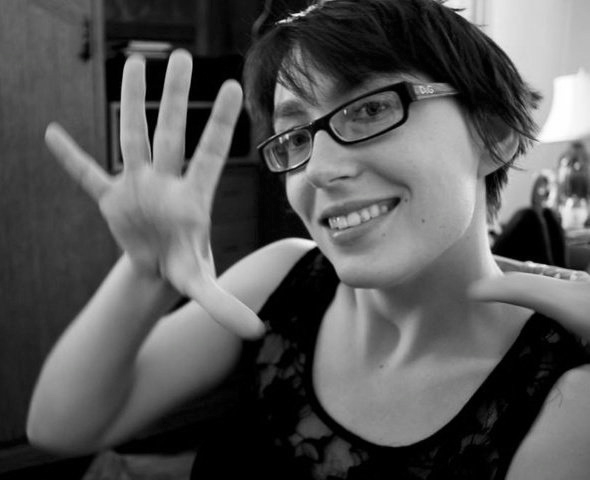
Robin Marie Averbeck has a PhD in American history from UC Davis and studies post-war liberalism. Her dissertation – “‘Want in the Midst of Plenty’: Social Science, Poverty, and the Limits of Liberalism” — and future book focuses on the contribution of liberals and some leftists to what is known as “the culture of poverty.” She argues that the post-war liberal discourse about poverty helped set the stage for the political culture of the New Right by shaping and contributing to many of its key assumptions and tendencies. Robin also contributes to a variety of blogs and public history projects.
See all Articles by Robin Marie AverbeckRebecca Brenner Graham
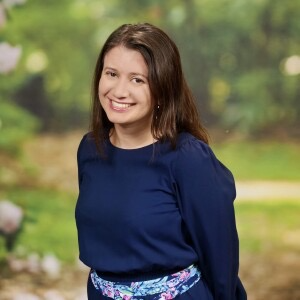
- Rebecca Brenner Graham is a History Teacher at the Madeira School and an Adjunct Professorial Lecturer at American University. Rebecca’s debut narrative nonfiction book on Frances Perkins’s refugee policy will be published by Kensington in 2025. Rebecca holds a PhD in History from American University. In addition to USIH, her writing has been published in The Washington Post, Slate, the Los Angeles Review of Books, and elsewhere. She lives with her husband outside Washington, DC. Follow: @TheOtherRBG
Anthony Chaney
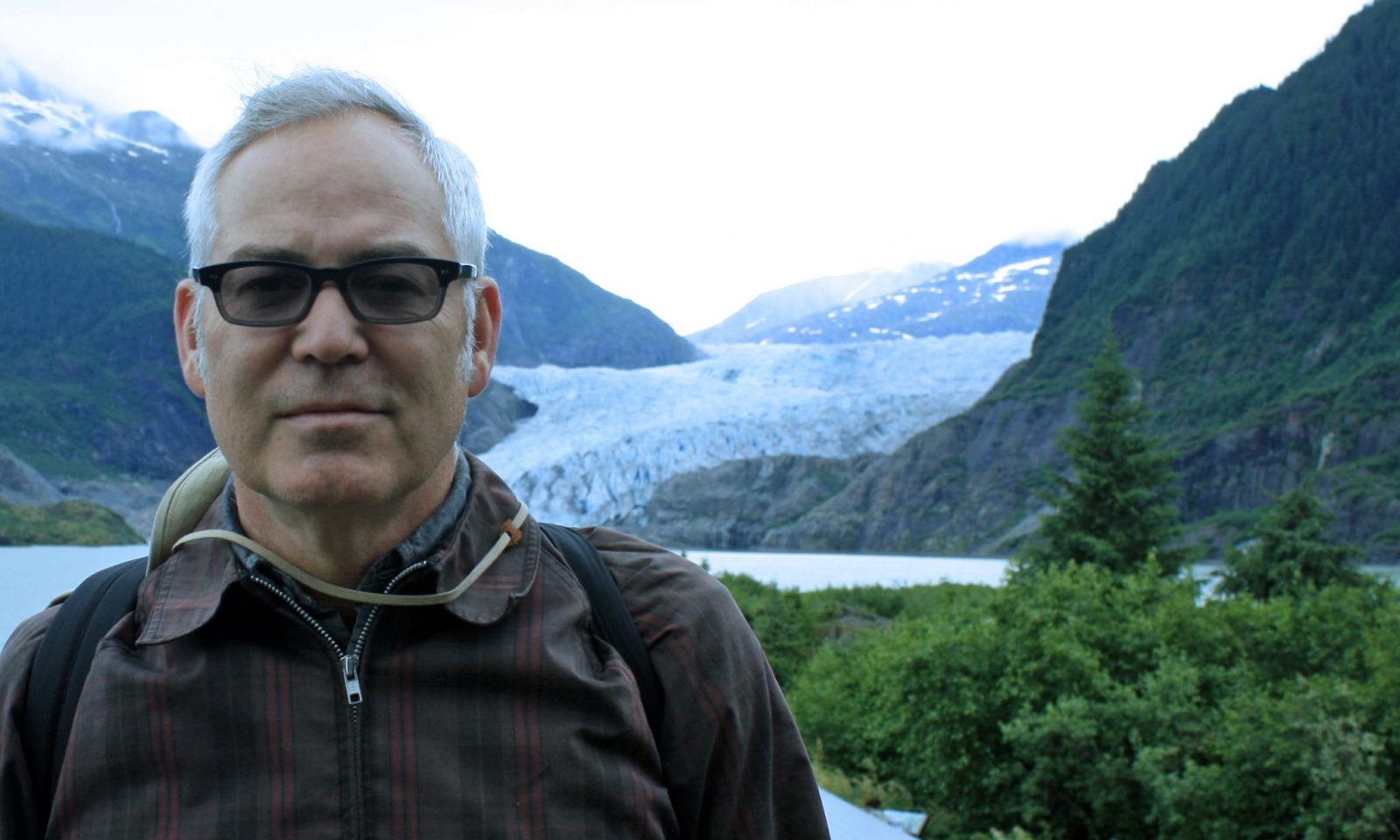
Anthony Chaney teaches history and writing at the University of North Texas at Dallas. He is the author of Runaway: Gregory Bateson, the Double Bind, and the Rise of Ecological Consciousness (The University of North Carolina Press, 2017). His research interests include US Intellectual and Cultural History especially as it intersects with environmentalism, environmental justice, and ecological thought. He is exceedingly fond of his turntable and may write about that from time to time. Follow: @AnthonyB_Chaney
See all Articles by Anthony ChaneyRobert Greene II
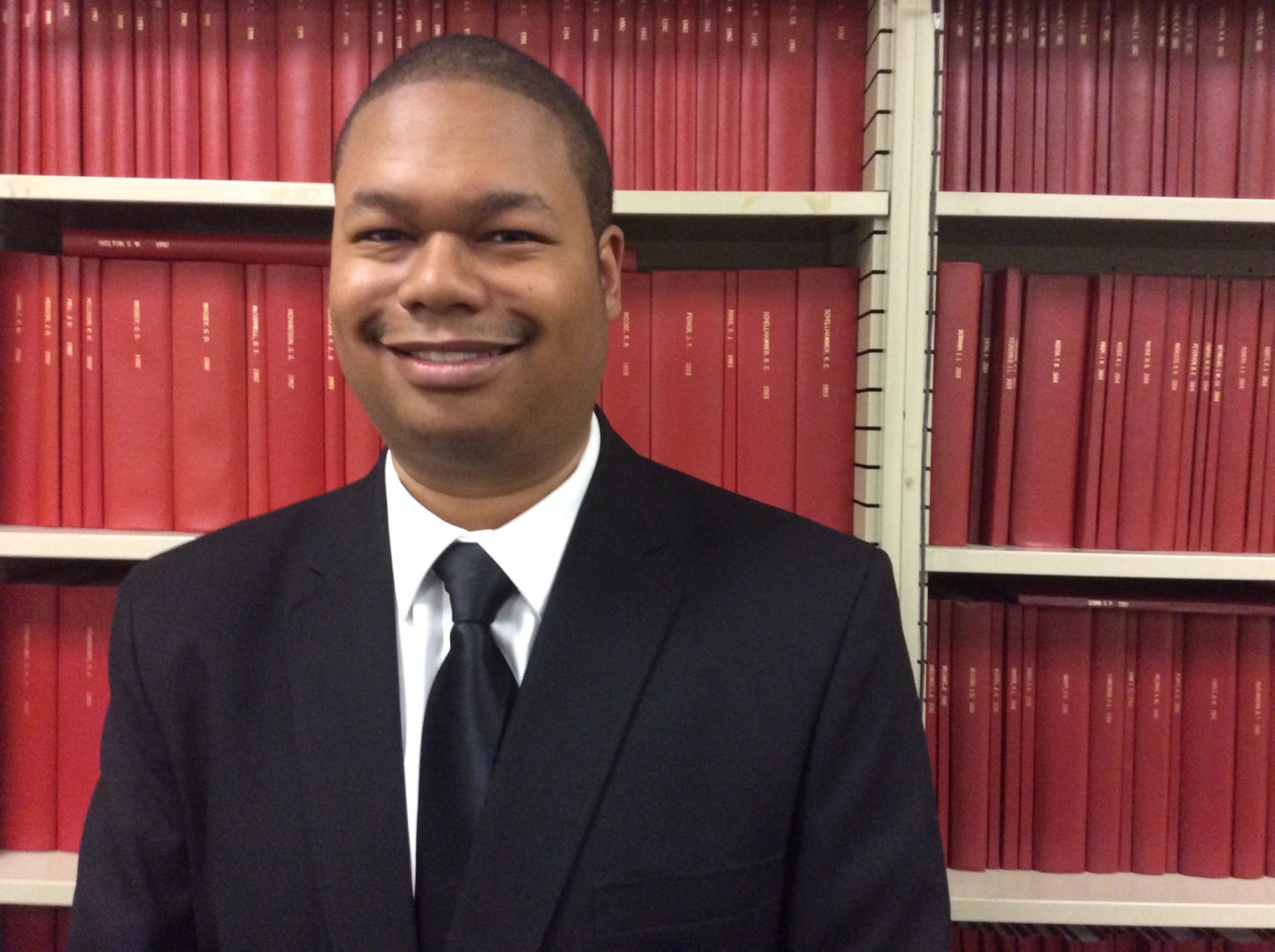
Robert Greene II is an Assistant Professor of History at Claflin University. He received his PhD from the University of South Carolina in 2019. Dr. Greene’s specialty is African American History in the 20th century and the American South after 1945. He has been published in The Nation, Jacobin, Dissent, Scalawag, among other publications, along with the blogs Black Perspectives and Teaching United States History. Dr. Greene is also the Book Reviews editor for S-USIH.
See all Articles by Robert Greene IIAndrew Klumpp
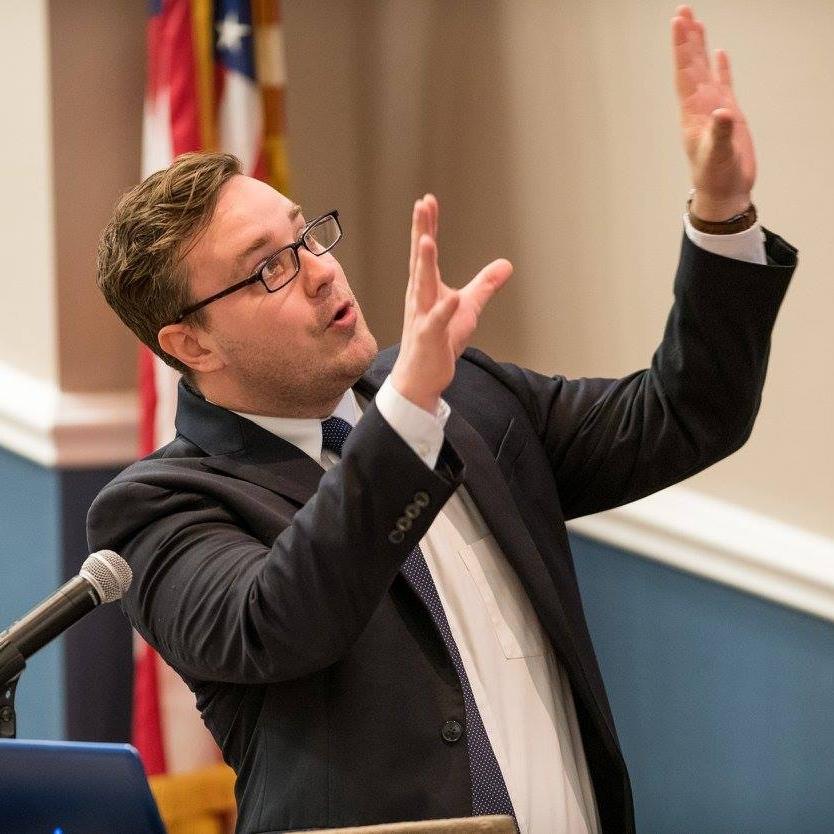
Andrew Klumpp is Editor of the Annals of Iowa at the State Historical Society of Iowa. In that role, he oversees peer-review, article selection, indexing, and production for this 157-year-old publication. His research focuses on the religious and intellectual history of nineteenth-century rural America in a global context, and in addition to serving as USIH’s treasurer, he is active in a variety of other professional organizations, such as the Midwestern History Association, American Historical Association, and Association for the Advancement of Dutch-American Studies.
See all Articles by Andrew KlumppPeter Kuryla
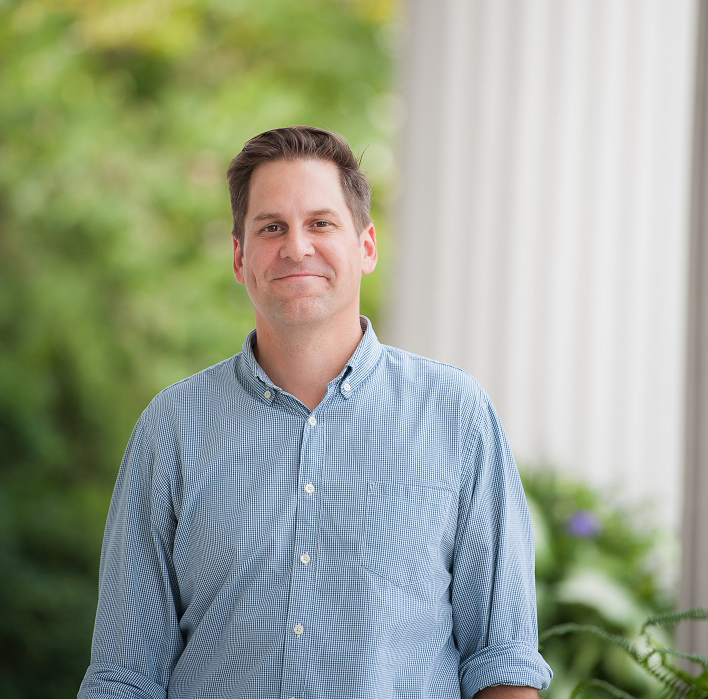
Peter Kuryla is associate professor of history at Belmont University in Nashville, Tennessee. He teaches a variety of courses there having to do with the intellectual and cultural history of the United States. He’s interested in the intersections between literature, historical thinking, philosophy and political thought. His published articles reflect these interests, as does his book manuscript currently in the works, “The Imagined Civil Rights Movement and the Art of Memory.” He is the #USIH2021 Conference Chair.
See all Articles by Peter KurylaTim Lacy
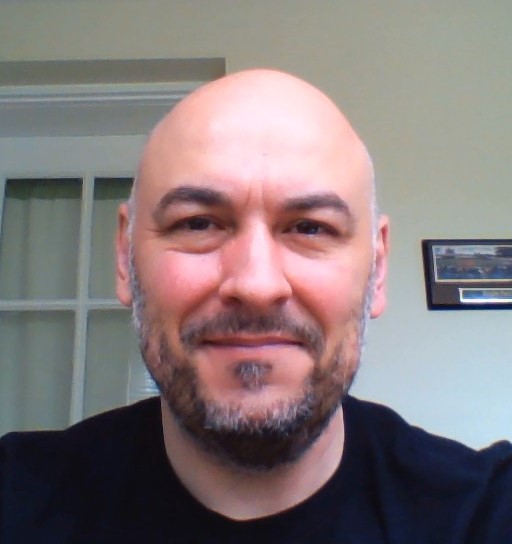
Tim Lacy is a historian and full-time student services staffer. He earned his PhD and MA (2006/2002) from Loyola University Chicago, specializing in U.S. intellectual and cultural history, as well as the history of education. He has taught undergraduates and in adult education seminars since 2003, most recently at Loyola, the University of Illinois Chicago Honors College, and the Newberry Library. Lacy authored The Dream of a Democratic Culture: Mortimer J. Adler and the Great Books Idea (Palgrave Macmillan, 2013). He co-founded both the U.S. Intellectual History Blog and the Society for U.S. Intellectual History. Regarding his staff work, Lacy is Senior Director of Student Learning Environment in the University of Illinois College of Medicine, and holds an adjunct instructor position in its Department of Medical Education. He brings these interests together with some additional work at the intersection of ideas and the history of medicine. You can find me on Twitter (@t_lacy) and Mastodon
See all Articles by Tim LacyKurt Newman
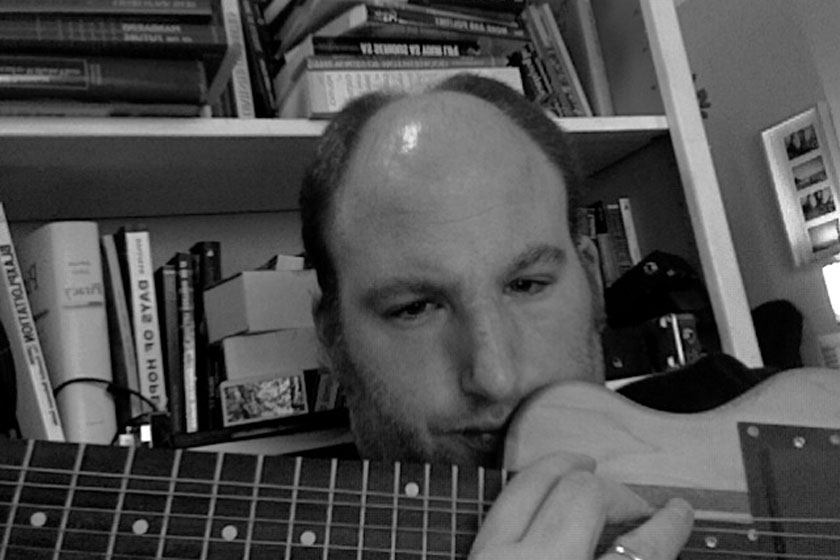
Kurt Newman is a Ph.D candidate in History at UC Santa Barbara. He is working on a dissertation entitled “The Multiplication of Everything: Cultural Workers, the Law, and Pragmatist Thought in the Golden Age of Analog,” and a project on the history of popular music in the US South since the 1960s. He is a founding co-editor, with James Livingston, of Politics/Letters, a new quarterly journal and web zine. As an intellectual historian, Kurt is most interested in the question of what it might mean to properly frame the relation between the production of new knowledge and the history of capitalism. This project would seem to require meditation upon canonical political economy, the Marxist tradition, and as wide a variety of critical theories (psychoanalytic, feminist, queer, critical race-oriented, and continental-philosophical) as can be assimilated given the constraints of time and space. Thus, in his contributions here, Kurt will try to work the “Theory beat,” with an eye to what might be most useful to students an practitioners of US intellectual history.
See all Articles by Kurt Newman